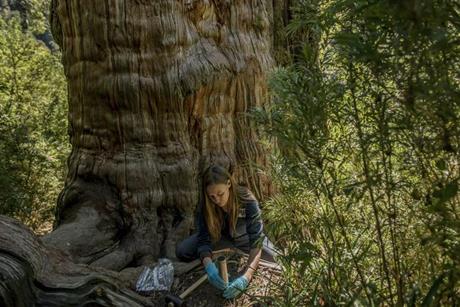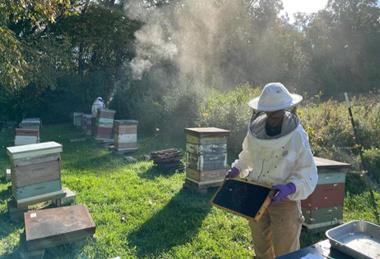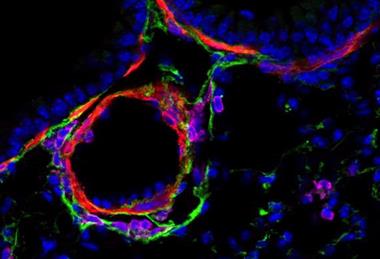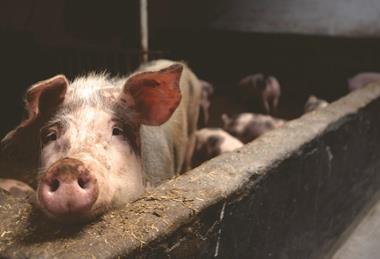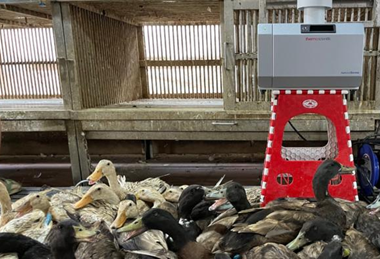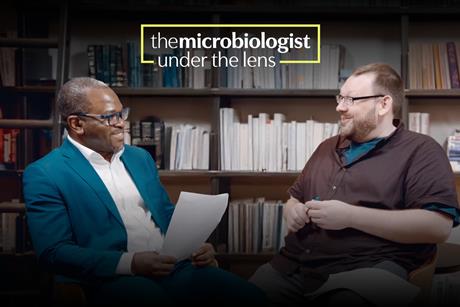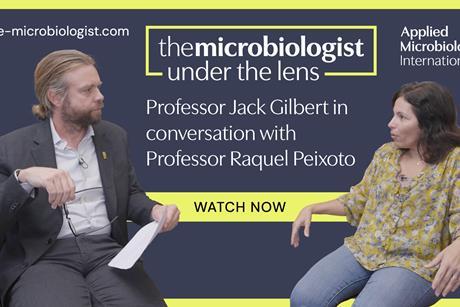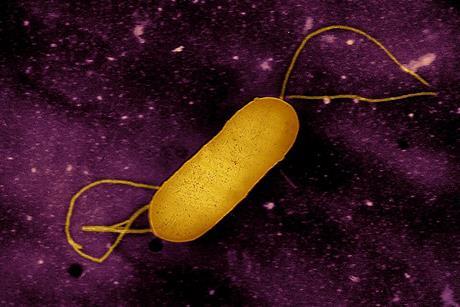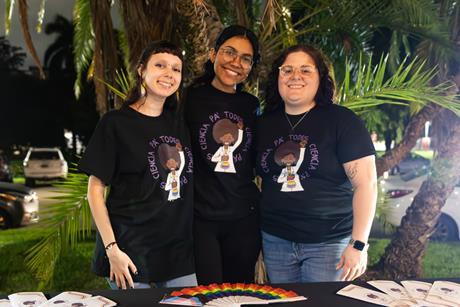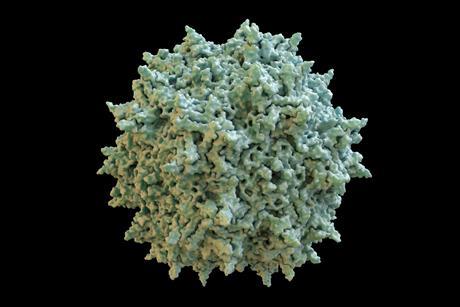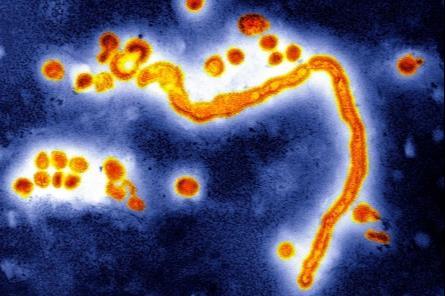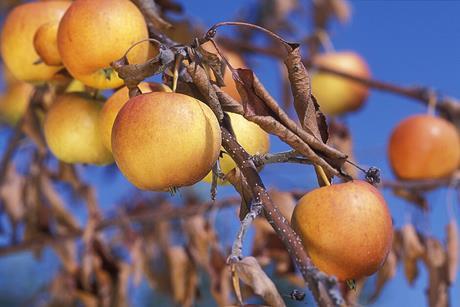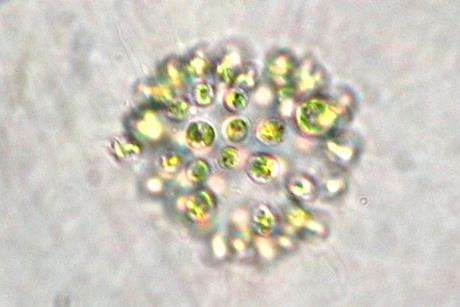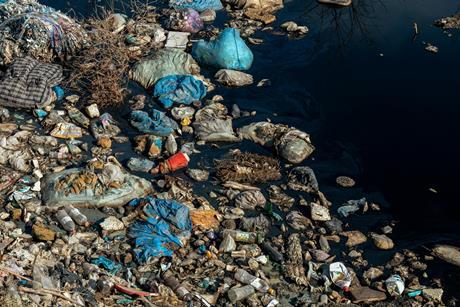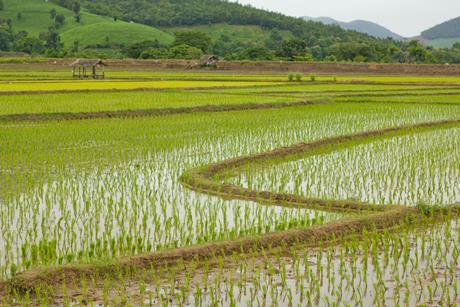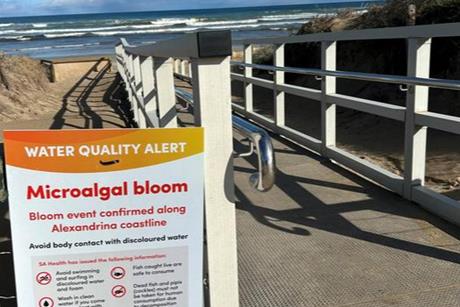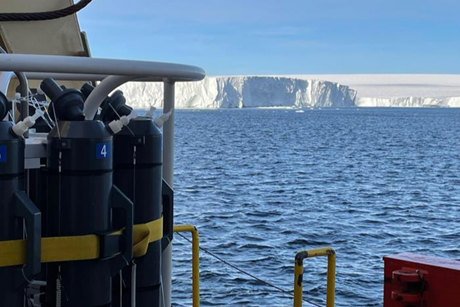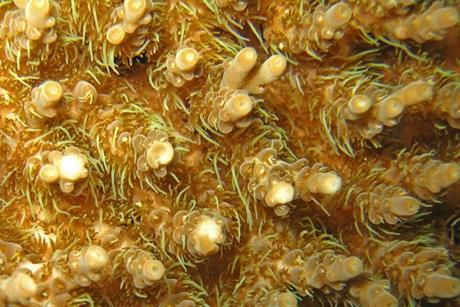Underground fungal map of the world’s oldest, slowest-growing rainforest trees can boost the resilience of Earth’s long-term carbon sinks
Protecting and conserving old trees will protect hundreds, if not thousands, of mycorrhizal and other fungal species that inhabit soils around these giants, each of which play a role we might not fully understand in keeping these forests healthy and resilient.
- Previous
- Next
Rethinking Blastocystis: a One Health perspective on a common and controversial gut protist worth our attention
Here’s the reality: a stool report that reads “Blastocystis detected” still provokes strong reactions. Some clinicians worry and reach for antibiotics. Some laboratories add a note about “uncertain significance.” Patients search online and find polarised claims ranging from harmless commensal to stealth pathogen. The truth is more nuanced and more ...
Read storyThe world’s fermented foods in health and history
The use of microbes in food fermentation dates back thousands of years; archaeological evidence suggests that fermented beverages such as rice wine were produced in China as early as 7000 BC, while bread and beer were staples in ancient Egypt.
Yeast-plant interactions: nature’s silent partnership for ecosystems and agriculture
Plant–microbe interaction studies have increased greatly in recent years. This sharp increase in studies is attributed to the need to better understand these interactions, which in turn can be used to enhance crop productivity and stress tolerance, reduce fertilizer inputs, and improve plant health. This is vital to meet the ...
From roots to riches: mycorrhizal fungi and the future of farming
Feeding a growing population while rebuilding depleted soils is one of agriculture’s biggest challenges. When fungal networks are thriving, they can improve nutrient uptake, support stronger root systems, and reduce the need for fuels to stretch as far, with their input. It’s a small-scale partnership with big implications for the future of farming…
Under the Lens video series
The Microbiologist: Under the Lens | Episode 2
The Microbiologist: Under the Lens | Episode 1
Get unlimited access to The Microbiologist
The Microbiologist provides detailed information on the latest research, topics, reviews, events and news on a wide variety of microbiological topics.
Members of Applied Microbiology International get unlimited access as a benefit. Find out more about AMI Membership

Listeria: the inconvenient truth that shaped our industry
Director General of the Chilled Food Association, Karin Goodburn MBE, who sits on AMI’s Food Security Advisory Group, reveals why the publication of new Listeria guidance for the UK food industry is regarded as a landmark moment.
We couldn’t get people interested in science - until we started speaking their language
In 2020, Puerto Rico faced a misinformation crisis. Melanie Ortiz Alvarez De La Campa reveals how five STEM undergraduates created a sci-comm organization that helped pass legislation, educated thousands, and created an inclusive database of Caribbean scientists.
The politics behind the global divide in bacteriophage therapy
The therapeutic potential of bacteriophages (or ‘phages’) has been widely dismissed for decades in the West, despite being regularly used to treat patients worldwide in the early and mid-20th century. In an age rife with disinformation, can the true potential of clinical phage technology be communicated to a public already uneasy about scientific intervention?
Summer Studentship: novel antivirals and host-virus interactions
Jessica Harris reports back on her Summer Studentship at De Montfort University, and her research into how plant-derived compounds affect viruses, and whether combining these antivirals might increase viral inhibition.
The National Collection of Pathogenic Viruses (NCPV): a critical resource for virology and public health
It’s now 25 years since the National Collection of Pathogenic Viruses (NCPV) was founded as a dedicated, secure, and relevant national virus repository for the UK. Jane Burton, Teresa Ramalho and Tilly Maybery explore how the collection has evolved - and is tackling future global health concerns.
A day in the life of a soil microbial ecologist
Dr. Taniya RoyChowdhury, a soil microbial ecologist and biogeochemist at the Woodwell Climate Research Center, describes a typical day.
Scientists engineer ‘living eye drop’ to support corneal healing
A proof-of-concept study demonstrates that the harmless eye-dwelling microbe Corynebacterium mastitidis can be genetically modified to secrete an anti-inflammatory therapeutic that promotes healing following corneal injury in a mouse model.
Natural dye produced by Amazonian fungus can be used in cosmetics
A red extract made from Talaromyces amestolkiae was tested in the bases of potential products, including face cream, shampoo, and gel sticks, for its antioxidant and antibacterial properties.
Study reveals how gut bacteria and diet can reprogram fat to burn more energy
A new study shows that a low‑protein diet activates a precise set of gut microbes that send chemical signals throughout the body, prompting fat tissue to burn energy instead of storing it. The findings uncover a previously unknown biological pathway linking diet, the gut microbiome and metabolic health.
Food security
New study reveals how hygienic honey bees show unique advantages in fighting infectious pathogens in adult bees
For the first time, research shows that a key social trait in honey bees is linked to measurable physiological advantages that can improve colony survival. The study uncovers how hygienic honey bee colonies mount stronger individual immune defenses against Nosema ceranae.
Clean Water
Tiny plastics, green solutions: How algae could help clean polluted waters
A new review examines how algae interact with microplastics in aquatic systems. Importantly, it highlights how their biological interactions could be harnessed to mitigate microplastic pollution, offering new perspectives for sustainable aquatic environmental management.
Toxic algal bloom takes heavy toll on mental health
The year-long algal bloom along the South Australian coastline has not only devastated marine life and triggered health risks for humans and pets: it has also had a significant psychological impact on local residents, according to new research.

